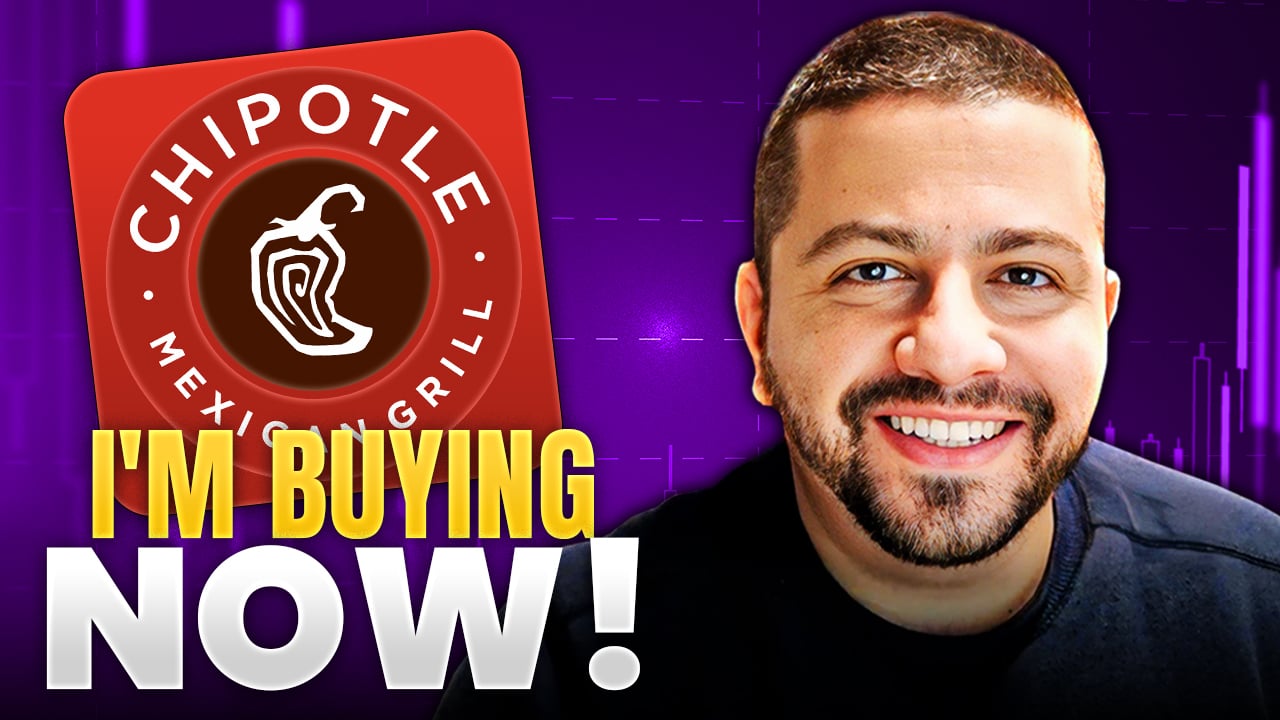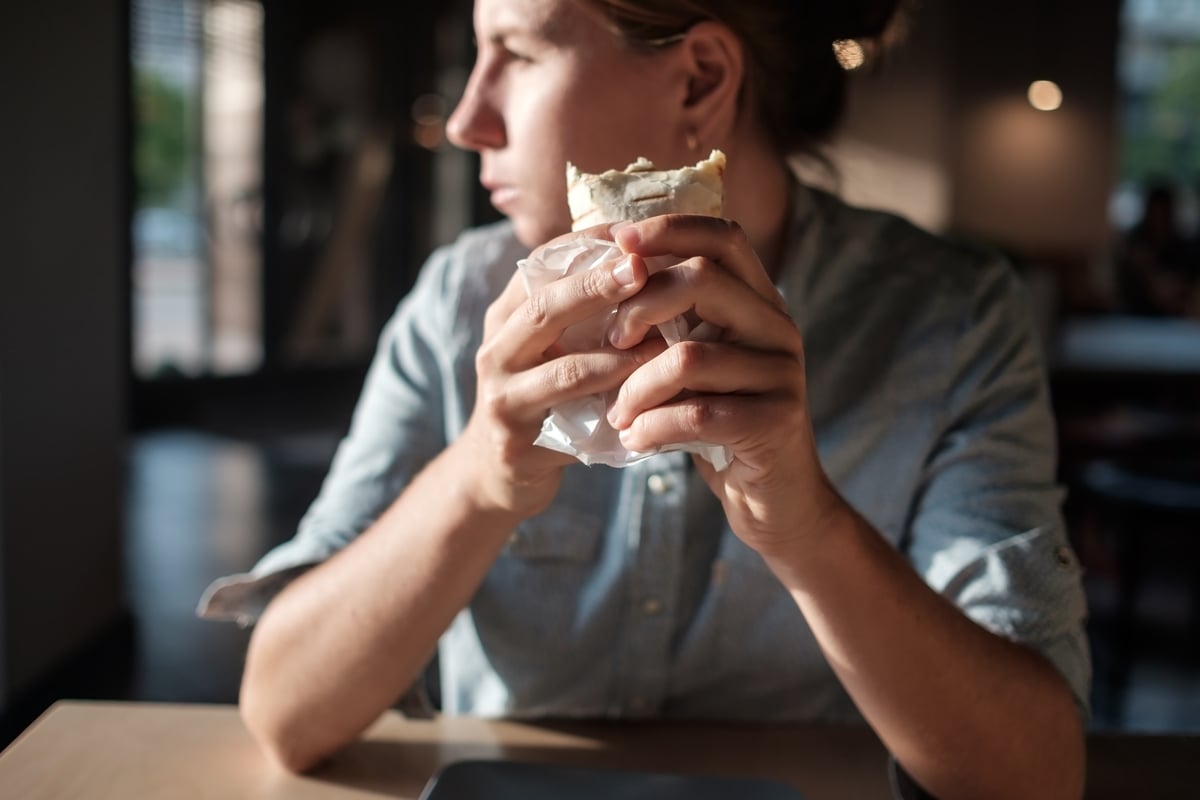
Source: Chipotle Mexican Grill.
Chipotle Mexican Grill (CMG +0.03%) may have spurred Texas cattle ranchers into getting their stetsons in a bunch following its decision to import its beef from Australia, but the lingering drought has reduced herds to their lowest levels in decades, creating supply problems that are apparently causing many other restaurants and grocery stores to look beyond the borders of the Lone Star state to find reliable sources of beef.
According to the Agriculture Department's most recent stats, beef imports from Australia were at their highest levels in five years in April. As Australian beef production jumped 11% in 2014, imports from down under exceeded 96 million pounds, a 19% increase year over year. It's not the only country seeing bigger business in the U.S., as beef imports from Canada are up 11%. Overall, U.S. cattle imports through the end of April totaled almost 850,000 head, 5% higher than a year ago, and the forecast for this year was raised to 2.446 billion pounds, almost 9% higher than the level achieved in 2013.
The supply issue is exacerbated by the growth of exports, which are up 7% over the first four months of 2014, driven higher by a 62% increase to Hong Kong, a 39% jump to Mexico, and a 9% rise to Japan, which remains the largest market with 186.5 million pounds exported. But just like domestic buyers, international markets may find their ability to purchase U.S. beef restricted in the second half of the year because of dwindling supply and rising prices.
McDonald's notes that while most of its beef is sourced from domestic suppliers, a small percentage does come from Australia and New Zealand, and Wendy's says its beef comes from both the U.S. and Canada. It was rising beef prices that caused McDonald's to kill off its line of Angus beef burger offerings last year.
Some 60 beef packing firms process around 26 million pounds of beef every year, with four firms controlling over 80% of the 35 million or so cattle that are slaughtered annually in the U.S. Tyson Foods is the country's largest, with nearly a quarter of the market, followed by Brazilian processor JBS, Cargill, and National Beef, which comes in a distant fourth place with an 11% share.

Source: Tyson Foods (Cattle Buyers Weekly, 2013).
But it's more than the availability of beef that concerns Chipotle; it's how the cattle are raised. The restaurant chain doesn't want beef that's been shot up full of hormones and antibiotics; instead it's looking for true grass-fed beef that are free from those foreign substances, and Australia is a leader in that field.
Certainly Tyson should understand that desire. Last year it began rejecting cattle that were injected with Zilmax, the drug used to fatten them up before slaughter and that was alleged to cause them problems with walking. Before its sale to a Chinese meat processor, Smithfield Farms stopped using the similar drug ractopine. Both Cargill and JBS had already stopped using such drugs.
Last year Chipotle purchased around 45 million pounds of what it terms "domestic Responsibly Raised beef," but as cattle herds have shrunk, sourcing has become more problematic and it was forced to turn to Australia to meet its growing demands. U.S. grass-fed beef remains difficult to come by, as most cattle are raised on corn and other grains, most of which are genetically modified (85% of the U.S. corn supply is GMO).
Texas and other cattle ranchers may have a beef with Chipotle Mexican Grill's sourcing policies, but the restaurant chain's customers are likely willing to ride herd on its commitment to obtaining the best, most responsibly raised beef possible for them.






